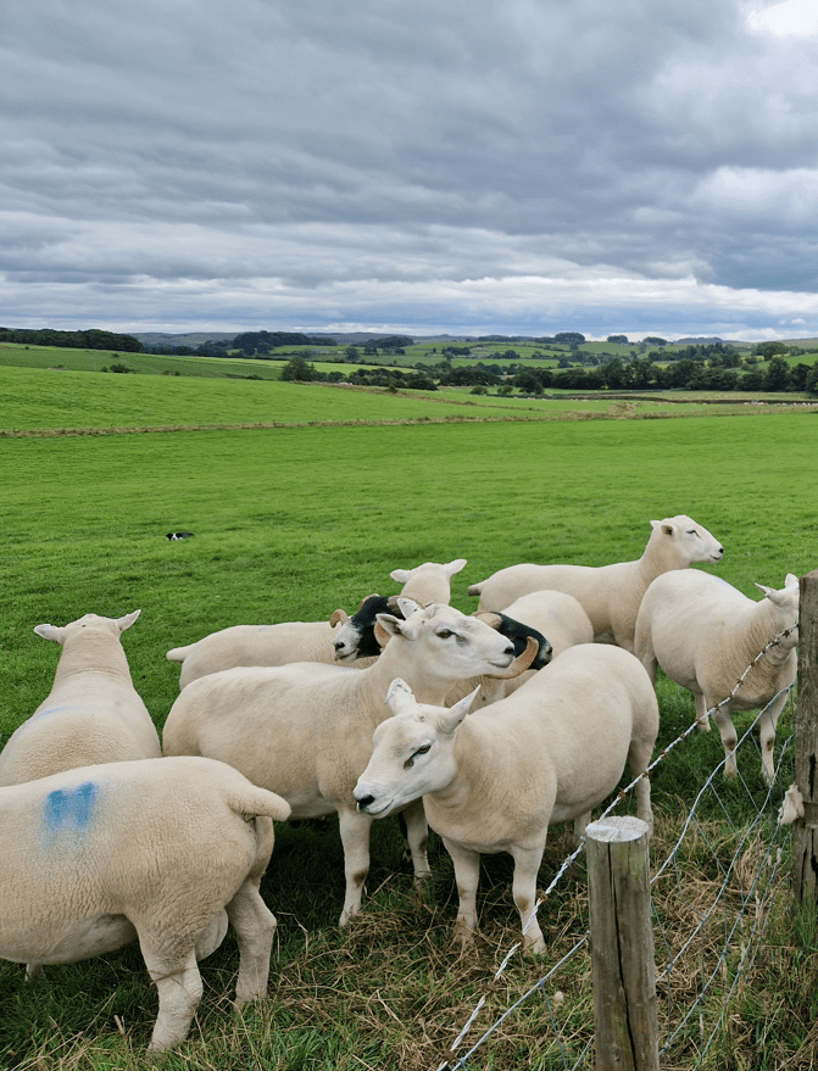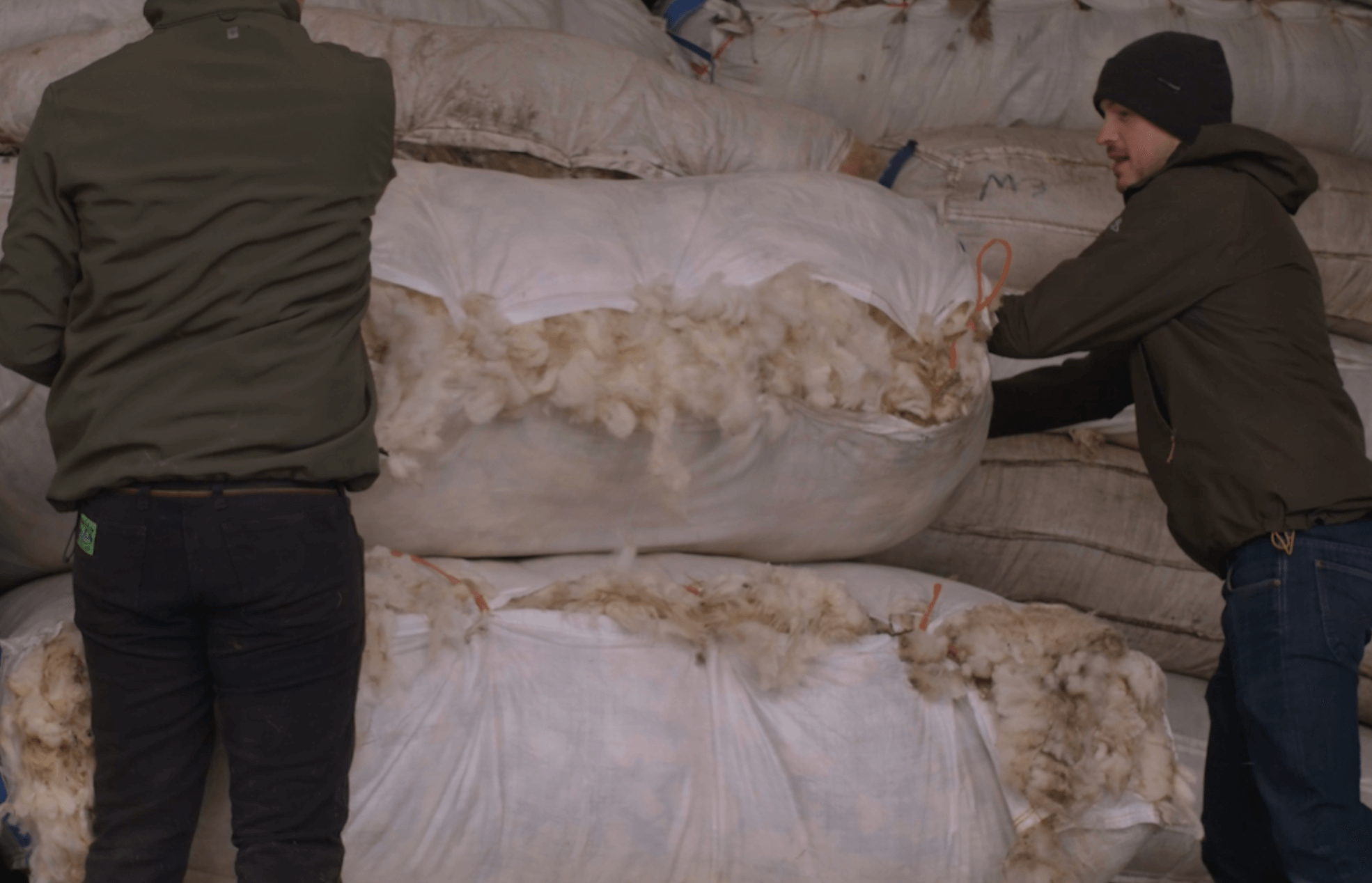Organic British Wool
A versatile and environmentally friendly material, organic British wool has several advantages for both the environment and the consumer. The sheep that create this premium wool are raised on organic farms in the UK, where they are taken care of with morally and sustainably. We will look at the advantages of organic British wool in this blog post as well as the various uses it can be put to.
Sustainability is one of the main advantages of organic British wool. Organic sheep farms put the health and welfare of their livestock first, which contributes to a healthier environment overall. These farms maintain their land naturally and organically, which lessens the carbon footprint of the wool manufacturing process. As an added benefit, using organic farming techniques means that extra attention is paid to the use of chemicals or pesticides during the process, which is better for the environment and the health of the farmers who work with the sheep.
When it comes to consumer advantages, Organic British Wool is a great option for products like pillows and mattresses because it is a naturally insulating material that can assist regulate body temperature. Wool fibres can naturally wick sweat from the body and keep you cool in the summer because they are breathable. Wool is a fantastic insulator in the winter, keeping you warm even in extremely chilly conditions.
Another great option for knitwear and hand knitting projects is organic British wool. Wool fibres’ inherent crimp provides knitwear a distinctive feel and bounce, making it a preferred material for things like sweaters, scarves, and caps. Wool is also naturally odour- and stain-resistant, making it a great material for clothing that is worn near to the body. Fewer washes mean less water usage at home and a longer-lasting product.
The use of organic British wool is a last environmentally friendly alternative. You are helping farmers that prioritise ethical and sustainable farming methods and who put forth a lot of effort to take good care of their animals and the land they depend on when you purchase products made with organic British wool. Wool is also a renewable resource, which implies that its production won’t deplete the earth’s natural resources over time.
In conclusion, organic British wool is a flexible and sustainable material with a variety of advantages for the consumer and the environment. Wool is a great option for anyone searching for a natural and sustainable material that is both durable and pleasant, and is used in anything from pillows and mattresses to knitwear and hand knitting crafts. You are choosing products that are beneficial for you, the environment, and the animals who create them when you choose products made from Organic British Wool.













